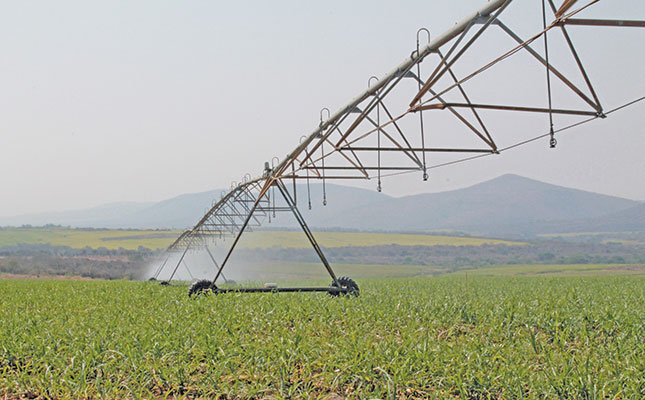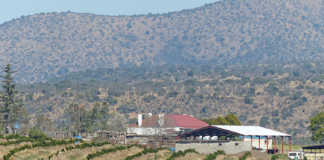
The decision by the Minister of Finance Tito Mboweni to propose no major tax increases in the 2020 National Budget Speech has been welcomed by role players in South Africa’s agriculture sector.
According to Rex Talmage, chairperson of the South African Cane Growers’ Association, this decision offered a glimmer of hope to those who depended on the sugar industry for their economic survival.
He said while the organisation was pleased that government did not further increase the tax on sugar-sweetened beverages, or so-called sugar tax, it still posed a serious risk to jobs in the sugar industry.
He said that the sugar tax had already cost the industry R1,5 billion, with 9 000 jobs being lost in the cane-growing sector alone.
“A tax hike would have resulted in thousands more jobs being lost. The only way we will be able to ensure the long-term sustainability of the industry, and to protect the one million livelihoods it supports, is for the sugar tax to be eradicated completely.”
Mboweni announced that taxpayers would get a measure of relief from above-inflation adjustments in personal income tax brackets.
“New tax increases at this time could harm the economy’s ability to recover,” he said.
According to Dawie Maree, head of information and marketing at FNB Agriculture, in a weak economic environment in which consumers’ disposable income were under pressure, the tax relief for hard-working taxpayers was welcome and would help consumption growth.
Agri SA concurred with Maree, saying that limiting tax increases could help to support economic growth and would strengthen taxpayers’ confidence.
Although the minister announced that excise duties would increase, the wine industry welcomed the fact that the increases were in line with inflation.
The tax on natural wine would increase 4,4%, sparkling wine would increase
6%, and brandy would increase 4,4%.
“The wine industry had to absorb higher than inflation hikes in excise tax over the past few years, despite the fact that the targets set by National Treasury in 2012 [had] already [been] reached. The current inflationary increases show an understanding from government of some of the challenges facing the wine industry,” said Rico Basson, managing director of Vinpro.
He pointed out that the industry would have preferred an increase in line with inflation on sparkling wine. “The excise duty on sparkling wine has increased at a faster pace than that of natural wine over the past few years.”












